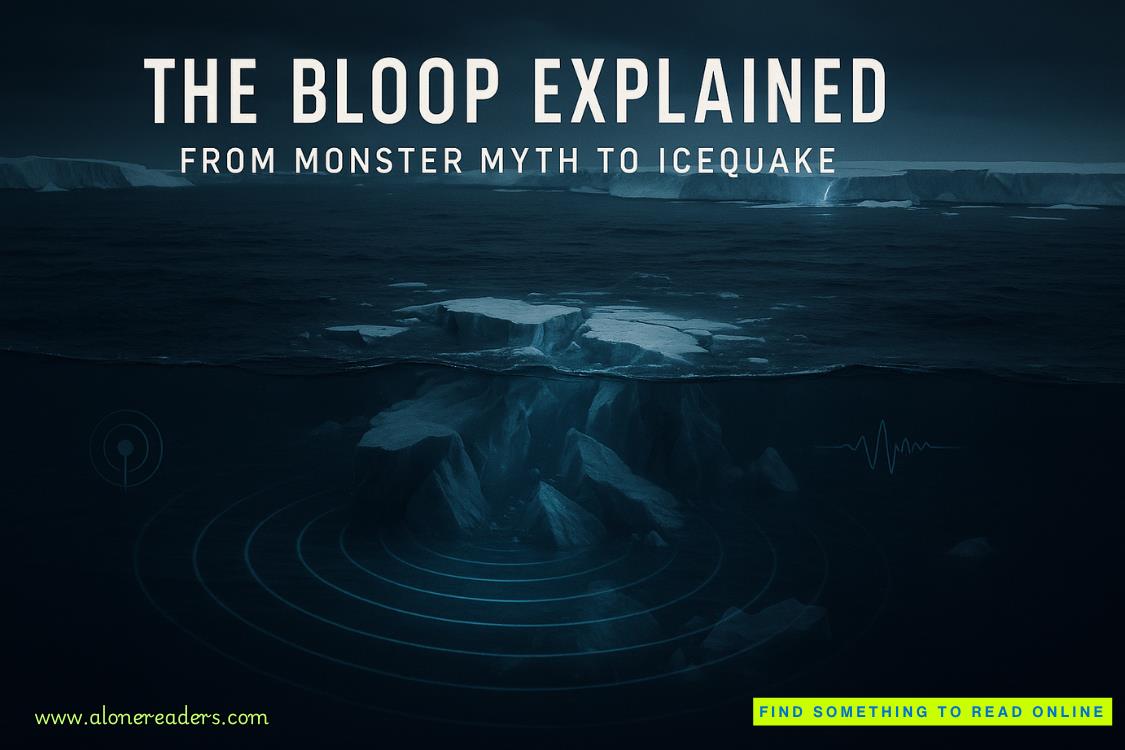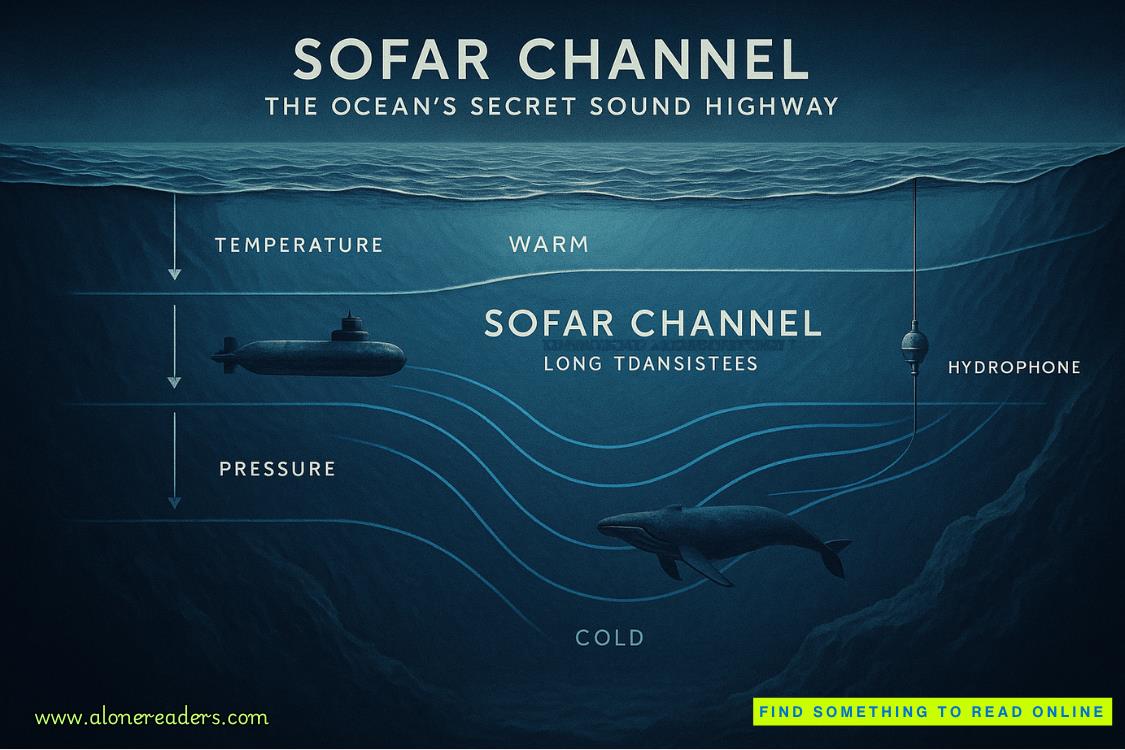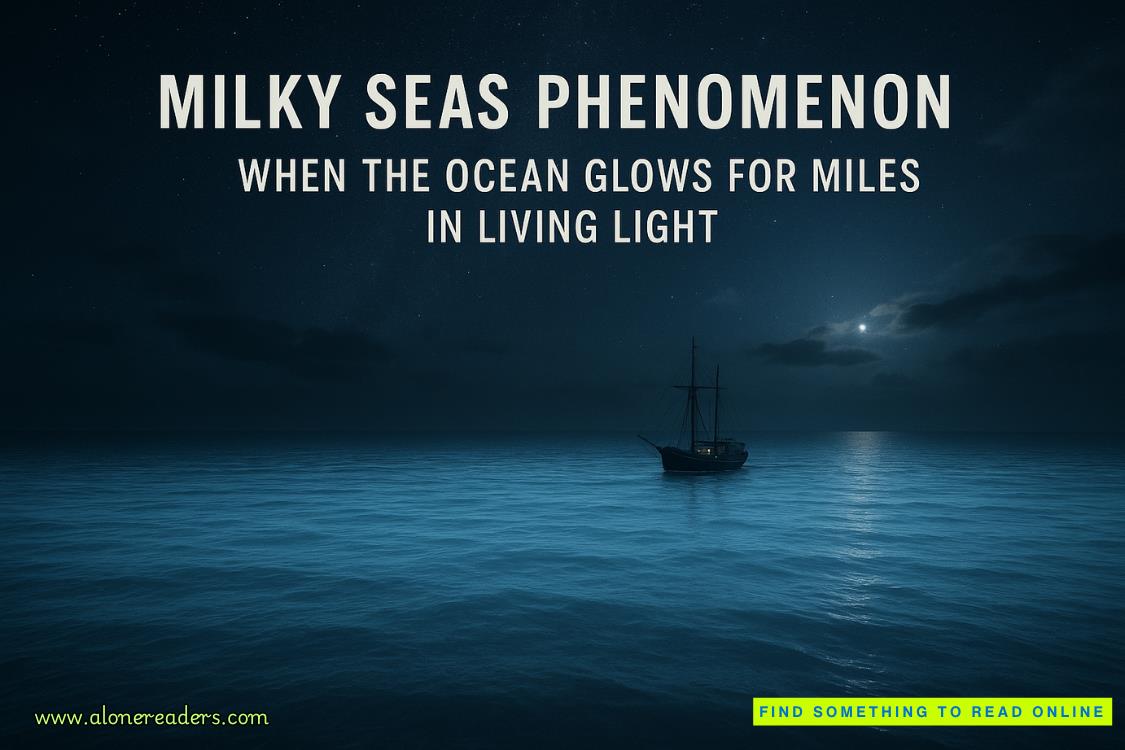Page 61 of Famous Last Words
Niall waits there for two hours, standing up. He’s not as fit as he used to be, and by seven his knees have begun to ache. He’s positioned himself near to her front door, then behind her house, too, checking the garden gate. He’s not certain the Met would be this thorough.
Back on the street, near to Camilla’s door, he stares down an alleyway across the road, his expression blank. Niall knows you have to monitor a house many times until you see something, so he’s surprised when he sees a form. No, a movement, at the end of an alley running between two terraced houses, dawn-lit at its opening. Out of the sphere of police surveillance. They will be looking at the house: Niall is looking into places where people might hide.
And just stepping across the alleyway is a man. Tall. Dark hair.
Without thinking, Niall hurries across the street, through the wrought-iron gate, and down the alley.
He reaches the end, looks left and right into the fenced-off gardens, dew on their grass, but there’s nobody. There are four more alleyways spiralling off, and he chooses one at random, runs down it, but it’s empty, nobody on the other side of it, either. He’s lost him. He made the wrong decision.
The Deschamps briefings stopped about a year after his disappearing act, and Niall hasn’t missed them. This is the first formal one since the arrival of those coordinates, and the mood in the Scotland Yard back boardroom is lazy, the dog days of late June, the weather too hot outside. Two DSs are unwrapping Soleros, the packets leaving sticky orange marks on the table.
He walks in just before it begins. Funny, he still feels self-conscious about this case. In the end, nobody moved him off it but himself, but still, failure is failure, to Niall. That’s what his dad used to say, anyway.
On the desk is a set of texts and calls Camilla has made. Two are to Luke’s number. Hang-ups. To hear his voice, he guesses. Something sympathetic spikes inside him. How sad.
‘In short,’ Lambert says, promoted up the ranks and now leading on this – he lets Niall sit in – ‘there is no indication the wife knows anything about Deschamps’s whereabouts. His passport remains unused, bank accounts closed or inactive, no CCTV sightings, nothing came up in our ramped-up surveillance of Camilla. We’ll monitor for another month, if the authorizing officer approves, and then stopagain. Even she, herself, is applying to have him declared dead. Not exactly the behaviour of someone in touch with him. No need to waste more resources on it.’
A disappointed murmur moves around the meeting room. No coppers like cases without any answers at all: they’re trained not to. But this is more than that. Usually, there’s a working hypothesis. For this one, nothing. A missing man. Two dead, identity-less hostages. It makes no sense to anyone. Did Deschamps target them? How did Deschamps identify a crime that could be not quite victimless, but almost?
It’s time for Niall to speak up, though he doesn’t want to. The push/pull of being here, back on the Deschamps case. He wants answers, and he also wants out. To go to sleep and forget, to never be woken by those gunshots again.
‘Just …’ Niall says, and Lambert looks at him, expression blank: the sort of face that says,Feel free to speak up, but I’m not going to encourage you. ‘I’d rather surveillance don’t know, but I was passing there this morning, and I saw someone hanging around. Was it police? Tall guy, dark hair.’
‘Where?’ Maidstone says. He writes something down. Niall hopes he won’t pass it on: surveillance are always good to have onside, even if you think they’re inadequate.
‘At the end of the alleyway opposite Camilla’s house,’ Niall says. ‘Clearly looking across at her windows, until he saw me. It wasn’t Deschamps, but …?’
‘I’ll relay it, and we’ll keep an eye, but only for the next month.’
‘And that’s it – we just stop? Random men watching Camilla. Two dead – still unknown – hostages. The man himself sending coordinates to his wife …’
‘You might think it was him, but there’s very little evidence of that.’
‘Who else is it realistically going to be?’ Niall asks.
‘Could be anyone. Literally anyone in the world,’ Lambert says shortly.
‘Yeah, but who does that?’
‘We’ve pursued the lines of enquiry,’ Lambert says, his tone light, and Niall feels a surge of disappointment that this is who he ended up as. That rock-metal-loving DS who could get anything out of a suspect is now the same as all the others: by the book. ‘We went to Dungeness. We’re watching the house. So far, nothing. This is all expended resources, and it’s also heavy surveillance of an innocent woman.’
‘So that’s that then,’ Niall says.
‘What do you suggest?’ Lambert says, his tone ice.
‘Working a little harder? Or at least a little smarter.’
‘By which you mean …’
‘Keep looking for the man I saw. Keep looking for the man we saw on her street four months ago. Keep going back to Dungeness. Ask market traders in the area whether they sold a burner phone to anyone matching his description,’ Niall says, frustrated. This is how it goes with the Met. He’s sure some crimes remain unsolved due to lack of effort, rigid thinking and red tape. ‘Do Text Anon have any details of where the text was sent from?’
‘A VPN routed to Brazil. A proxy server, designed to hide a location,’ Lambert says.
‘Who would do that but a fugitive? Have you got Claire in telecoms on it?’ Niall says, but he will ask her himself.
‘Any spammer who wanted anything. A petty dealer who got the wrong number.’
‘Is that not a crime?’ Niall says – a cheap shot, really, one he doesn’t even mean.















